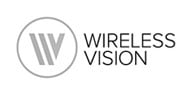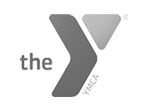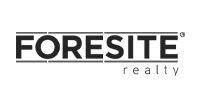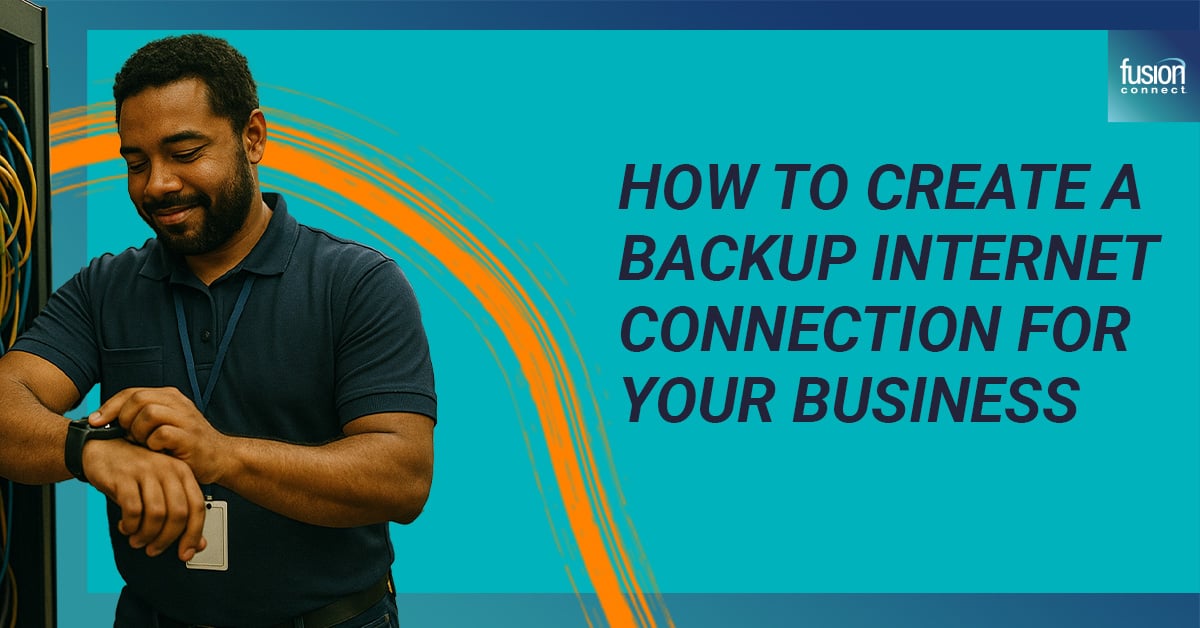- Login
- Sales & Support: 888-301-1721
Business Broadband Internet
Affordable, Reliable Business Internet

A Private Connection Between Your Business and the Web
Fusion Connect offers broadband Internet coverage nationwide. We allow multi-location businesses the flexibility to use the internet service that best meets requirements at each individual site. Meet your bandwidth demands with a range of broadband speeds and technologies – including Asymmetrical Ethernet, Broadband Business Fiber, and Cable.
Reliability
Bandwidth that handles your most demanding business applications and tasks. Speeds up to 1 Gbps. Services backed by industry-leading uptime and repair guarantees.
Expert Support
100% US-based expert technical support available every day, around the clock, from any location.
Ease of Management
Alleviate the challenges associated with managing multi-vendor environments by working with one nationwide provider.
What is Business Broadband Internet?
Business broadband internet is a high-speed internet service designed specifically for business needs. While it’s similar to residential broadband in how it connects (using fiber, cable, or DSL), it comes with features and support that make it better suited for smaller companies with basic internet needs, such as restaurant or retail.
The Fusion Connect team always delivers! They are quick to respond, easy to work with, and constantly go the extra mile to make sure everything runs smoothly. We trust them to deliver every time.
—Adam Ramirez, Service Desk Coordinator II, Knowledge Universe

Asymmetrical Ethernet
Speeds from 8x1 Mbps to 50x10 Mbps
Affordable, dedicated bandwidth with business-class uptime guarantees. Asymmetrical Ethernet service is ideal for:
- Businesses with higher downstream than upstream traffic demands
- Locations that do not run mission critical applications
- Branch offices that access applications from headquarters
- Remote offices that upload limited amounts of data

Cable Internet Access
Download speeds up to 1 Gbps
High-speed access that is available extensively throughout the United States, at affordable price points. Cable internet service is ideal for:
- Businesses or small location requiring faster download than upload speed
- Supporting online collaboration and file sharing among many users
- Enabling data backup
- Website hosting

Broadband Business Fiber
Download speeds up to 5 Gbps
Broadband Business fiber offers high speed access over a 100% fiber network at a low cost. Available in many areas at both symmetrical and asymmetrical speeds. Broadband fiber for business is ideal for:
- Locations with high bandwidth needs to run non-mission critical applications
- Data backup and web hosting
- Operating conferencing, collaboration, and file sharing tools among employees

Speak with a Technology Expert
Discover which internet service is right for your business.
Four Ways to Create a Backup Internet Connection
Your next internet outage shouldn’t mean a total shutdown. Learn about four ways to stay online using backup connectivity solutions that keep you productive and protected.
Read the ArticleBroadband Internet FAQs
What type of internet connection is best for business?
The best internet connection for a business depends on operational needs, user count, application type, and site location. Fiber optic is often preferred for its fast speeds, low latency, and scalability. It supports cloud-based platforms, video conferencing, VoIP, and large file transfers with consistent performance. Where fiber isn't available, high-speed internet via cable or 4G/5G/LTE can support small business operations with fewer users and less bandwidth demand.
Dedicated internet access offers guaranteed speeds and uptime, making it ideal for businesses requiring reliable connectivity for mission-critical applications. Static IP addresses, internet backup, and professional installation are often included with higher-tier business internet plans. Always check availability by business address and compare offerings from ISPs that specialize in business internet service.
What is the most common type of broadband connection?
The most common type of broadband connection is cable internet. It uses existing coaxial lines to deliver internet service to homes and businesses. Cable supports high-speed access suitable for video conferencing, phone services, and business Wi-Fi networks. Many internet customers choose cable due to wide availability and ease of installation, especially for small offices or new business setups.
While cable broadband is widely used, fiber internet is growing in select areas due to its higher actual speeds and lower latency. Businesses comparing internet solutions should evaluate internet speed needs, whether they require a wired connection or wireless setup, and how their internet service provider handles data caps or early termination fees. A reliable internet connection with a quality router and modem setup is key for real-time operations like point-of-sale systems and cybersecurity tools.
What is the difference between a broadband and an internet provider?
A broadband provider specifically offers high-speed internet access using technologies like fiber, cable, DSL, or wireless. Broadband refers to the method used to transmit large amounts of data quickly. These providers focus on delivering continuous, high-capacity internet connections for tasks like business Wi-Fi, point-of-sale systems, or video conferencing.
An internet provider is a broader term that includes any company offering internet access, whether through broadband or slower options like dial-up. Most modern internet providers are also broadband providers, but not all internet access is broadband. Businesses comparing options should match service types to their bandwidth and uptime needs.
What are the five types of broadband?
The five main types of broadband vary in speed, reliability, and how they deliver service. Each serves different business needs depending on location, application type, and infrastructure.
- Fiber: Delivers the fastest internet speeds and lowest latency. Supports cloud-based tools, real-time video conferencing, and large file transfers.
- Cable: Uses coaxial facilities. Offers high-speed access suitable for most business Wi-Fi and phone services.
- DSL: Runs over traditional copper lines. Slower than fiber or cable but can be reliable for light usage in small business setups.
- Satellite: Ideal for remote areas without wired connection access. Slower speeds and higher latency may affect video and real-time tools.
- Fixed Wireless: Uses radio waves to transmit data between a base station (usually a tower) and a receiver at the customer's location. A great choice where wired connections are unavailable or too costly, as well as a perfect backup to wired services.
Businesses should compare service types by location and operational requirements.
From the Blog…
Is Your Guest Wi-Fi Slowing Down the Whole Network? Here’s What to Do
Guest Wi-Fi is one of those things that feels harmless—until it isn’t. You want visitors,...
Read More
What should you look for in a networking partner?
If you run IT for a mid-size organization today, “simple” is probably not the word you’d use to...
Read More
Starlink for Business: Go Direct or Fusion Connect?
Few advances have transformed how businesses stay connected quite like Starlink. Once, remote...
Read More
Let’s Connect!
Need Customer Support?
Speak with an Expert
Complete the form and our solutions expert will be in touch.
Let’s Connect!
Schedule a meeting with us at a time that suits you. Simply let us know when you'd like a virtual appointment. We'll send you a meeting invite.
No time to wait? Get immediate access to our team right now through an on-demand virtual meeting, no application required. We're ready if you are ‐ join us now!









